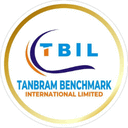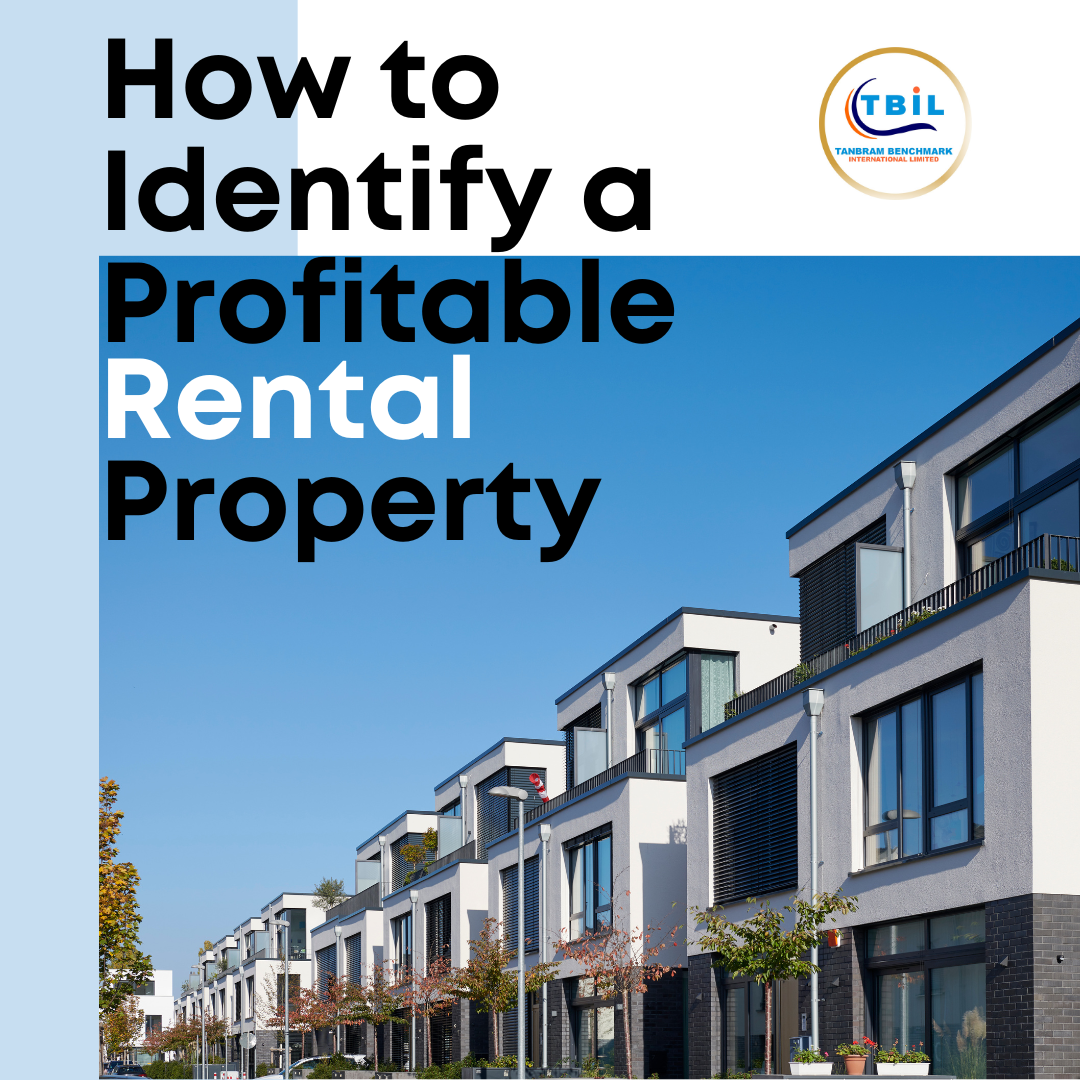Finding a profitable rental property can feel overwhelming, but with the right approach, you can turn real estate into a reliable income stream. Whether you’re a first-time investor or expanding your portfolio, knowing what makes a rental property lucrative is key to long-term success.
1. Research the Neighborhood Thoroughly
Location plays a massive role in whether a rental property will be profitable or not. Look for areas with strong demand, low vacancy rates, and positive growth trends. Properties near schools, hospitals, shopping centers, and public transport often attract long-term tenants.
Explore local crime rates and community development plans. A low-crime neighborhood with new infrastructure projects can boost your rental income over time. You want a location where people genuinely want to live—not just one that looks nice on paper.
2. Analyze Rental Yield and Cash Flow
Cash flow is the lifeblood of any profitable rental property. To determine if a property is worth it, calculate its rental yield. This is the annual rental income divided by the property’s value, expressed as a percentage. A higher yield often indicates a more profitable rental investment.
Don’t forget to subtract operating costs from your rental income to calculate true cash flow. Consider property taxes, maintenance, insurance, and property management fees. A profitable rental property generates consistent income after all expenses are covered.
3. Evaluate Property Condition and Maintenance Needs
While a fixer-upper can seem like a bargain, extensive repairs can drain your profits quickly. Choose properties in good condition or those needing only minor cosmetic updates. Always factor in the cost of renovations before committing to a purchase.
A well-maintained rental attracts quality tenants who are likely to stay longer. Look for properties with durable materials, modern fixtures, and energy-efficient appliances. Keeping your property in great shape minimizes repair costs and tenant turnover, enhancing your profitability.
4. Understand the Local Rental Market
A profitable rental property fits the needs of the local market. Research what types of properties are in demand—are tenants looking for apartments, single-family homes, or multi-unit buildings? Knowing your target audience helps you choose the right property type for maximum returns.
Check current rental rates in the area. If you can’t charge enough rent to cover your expenses and still make a profit, the property may not be a sound investment. Stay realistic with rent pricing and avoid overestimating potential income.
5. Consider Long-Term Value Appreciation
Beyond monthly income, a profitable rental property should also grow in value over time. Look for areas with strong property appreciation rates. Investing in up-and-coming neighborhoods can result in substantial capital gains in the long run.
Keep an eye on urban development plans, economic growth indicators, and demand for housing. A property in a developing area with rising home values can offer both steady rental income and significant future profits.
6. Screen Potential Tenants Carefully
The right tenants can make all the difference when it comes to a profitable rental property. Perform thorough background checks, verify income stability, and contact previous landlords for references.
Reliable tenants pay rent on time, take care of the property, and reduce the risk of legal issues. Having a solid screening process helps maintain steady cash flow and minimizes the risk of costly vacancies.
7. Work with Professionals
Real estate success often comes from leveraging expert knowledge. Collaborate with real estate agents, property managers, and financial advisors who understand rental markets. A skilled property manager can handle tenant relations, maintenance, and rent collection, freeing up your time.
Hiring professionals ensures you stay compliant with local rental laws and avoid costly mistakes. Their expertise can make a significant difference in your property’s profitability.
Final Thoughts
Identifying a profitable rental property requires research, patience, and smart decision-making. Focus on location, rental yield, property condition, and tenant demand to maximize returns. With the right approach, you can create a steady income stream and build long-term wealth through rental investments. For personalized property listings and expert advice, visit TBIL Property.






Join The Discussion